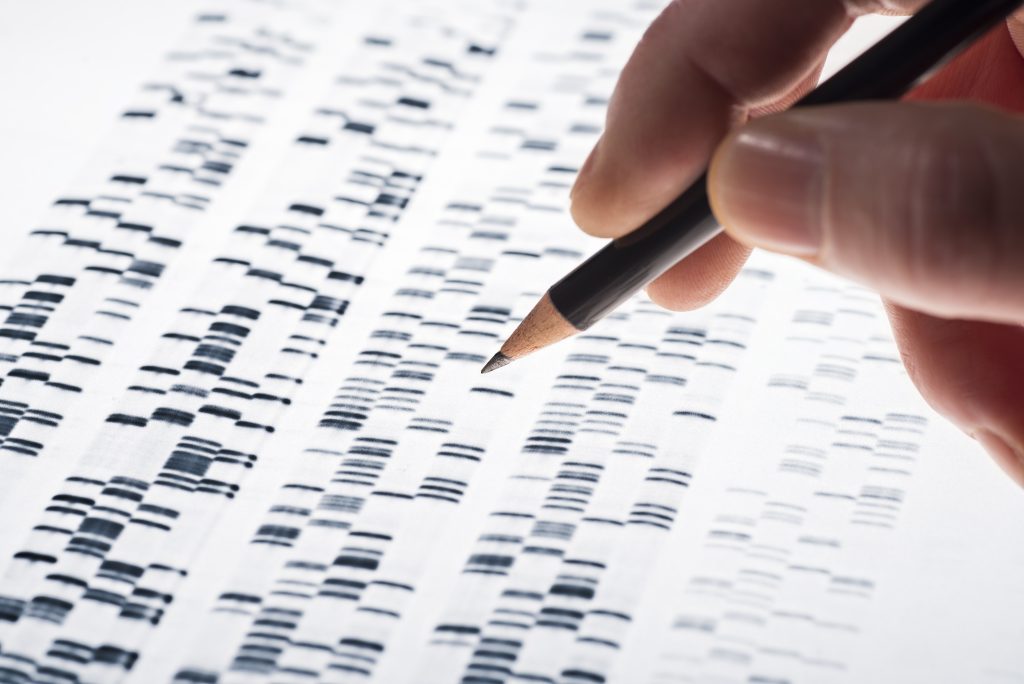In a noted advancement within the healthcare realm, researchers from the King Faisal Specialist Hospital and Research Centre (KFSH&RC) have leveraged whole-genome sequencing (WGS) to pinpoint a previously unknown bacterial species, now named Stenotrophomonas Riyadhensis. This pivotal discovery sheds light on the dynamics between microbial entities and pharmaceuticals, potentially leading to novel treatment modalities. It underscores KFSH&RC’s commitment to contributing to the global battle against antibiotic-resistant microbes and enhancing patient-oriented care.
With the identification of Riyadhensis, it becomes evident that genomic assessments play a crucial role in formulating new diagnostic and therapeutic strategies, and in unraveling the complexities of bacterial resistance, particularly in high-risk settings such as ICUs and for immunocompromised individuals.
This represents a significant stride forward in the fight against antibiotic resistance, the development of new drugs, and the prevention of infectious diseases.
The breakthrough was made amidst investigations into a potential outbreak in the KFSH&RC ICU back in 2019. Originally suspected to be a strain of Pseudomonas aeruginosa, known for its resilience against antibiotics, further WGS analysis revealed distinctive genetic and morphological characteristics, aligning Riyadhensis with the Stenotrophomonas genus.
Dr. Ahmad Al Qahtani, leading the Infectious Disease and Immunity Department at KFSH&RC, highlighted the limitations of traditional bacterial identification methods that can result in errors. He advocates for the precision of WGS analysis in providing accurate identification and in-depth understanding of resistance mechanisms, proving its importance in outbreak investigations and improving patient care.
Dr. Reem Almaghrabi, head of Transplant Infectious Diseases at the Organ Transplant Centre of Excellence at KFSH&RC, also emphasized the discovery’s role in promoting continuous surveillance and the adoption of cutting-edge technologies like WSG for quicker, more precise diagnostics.
She stated that this practice sets the stage for scientific cooperation at all tiers, bolstering international efforts to tackle antibiotic resistance.
Almaghrabi further noted the criticality of grasping the intricacies of new bacterial species, especially their resistance to antibiotics, in contemporary medical treatment. As these microbes evolve their defenses, they become a formidable and persistent menace to public health.
